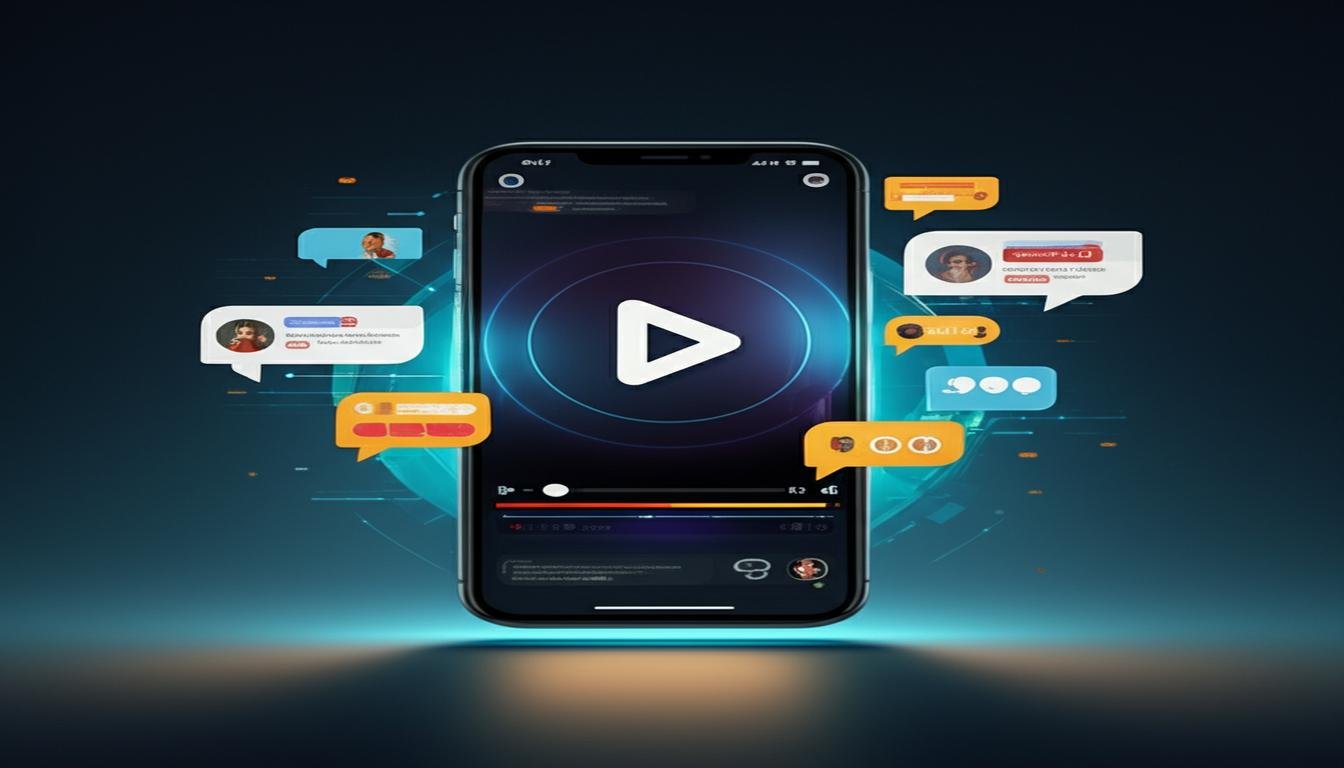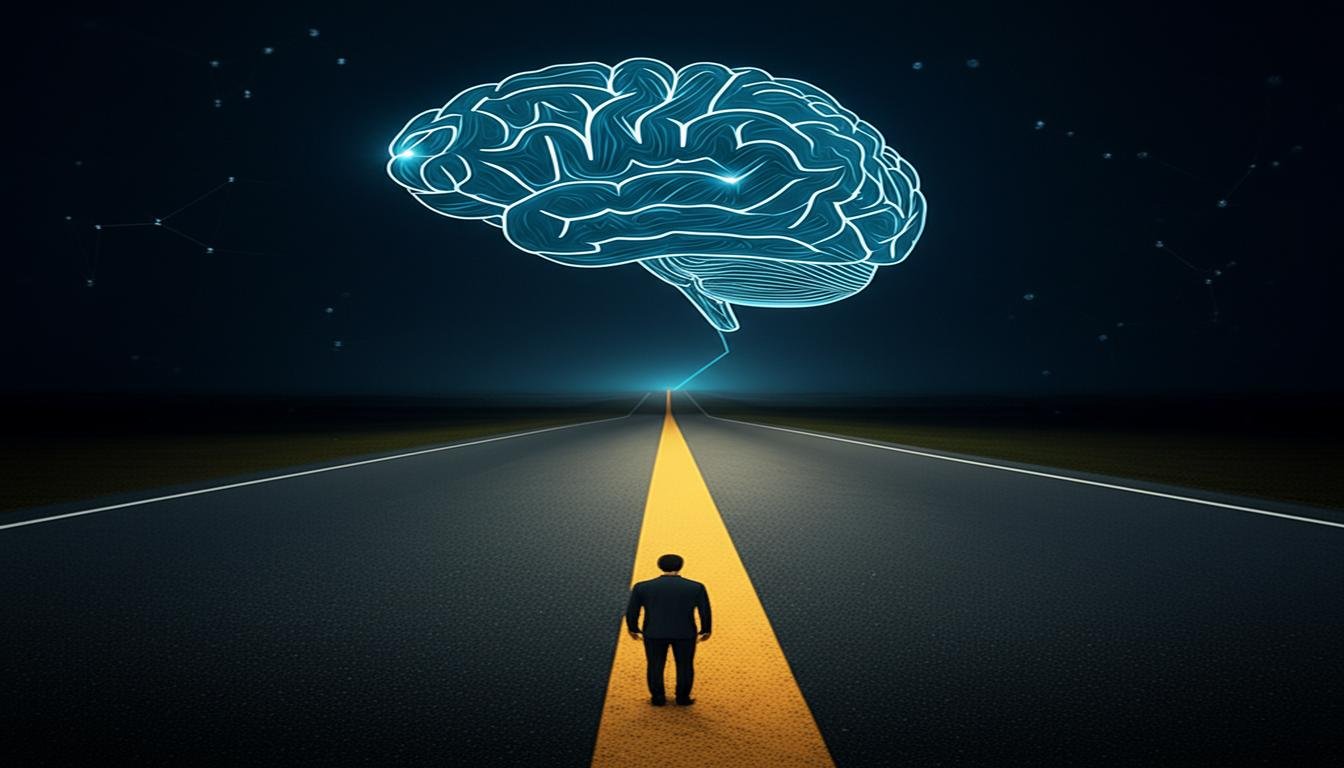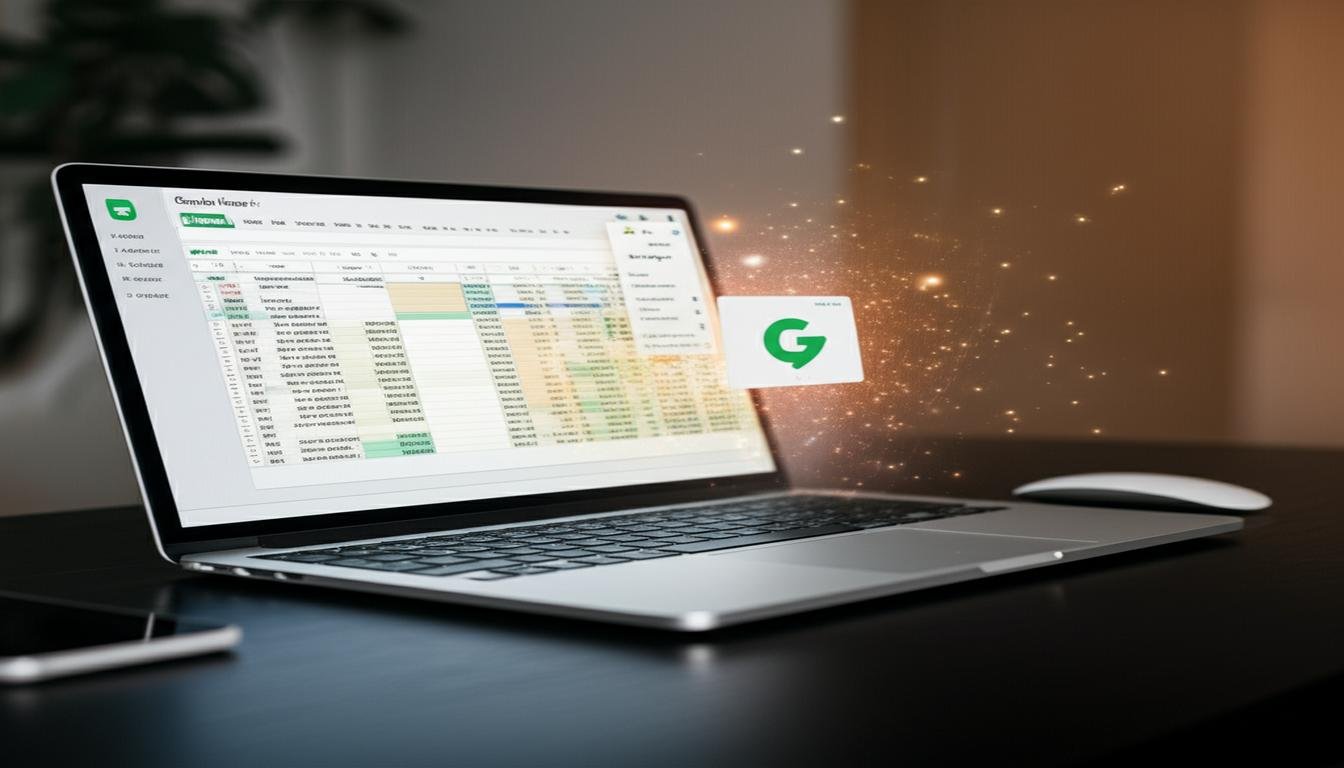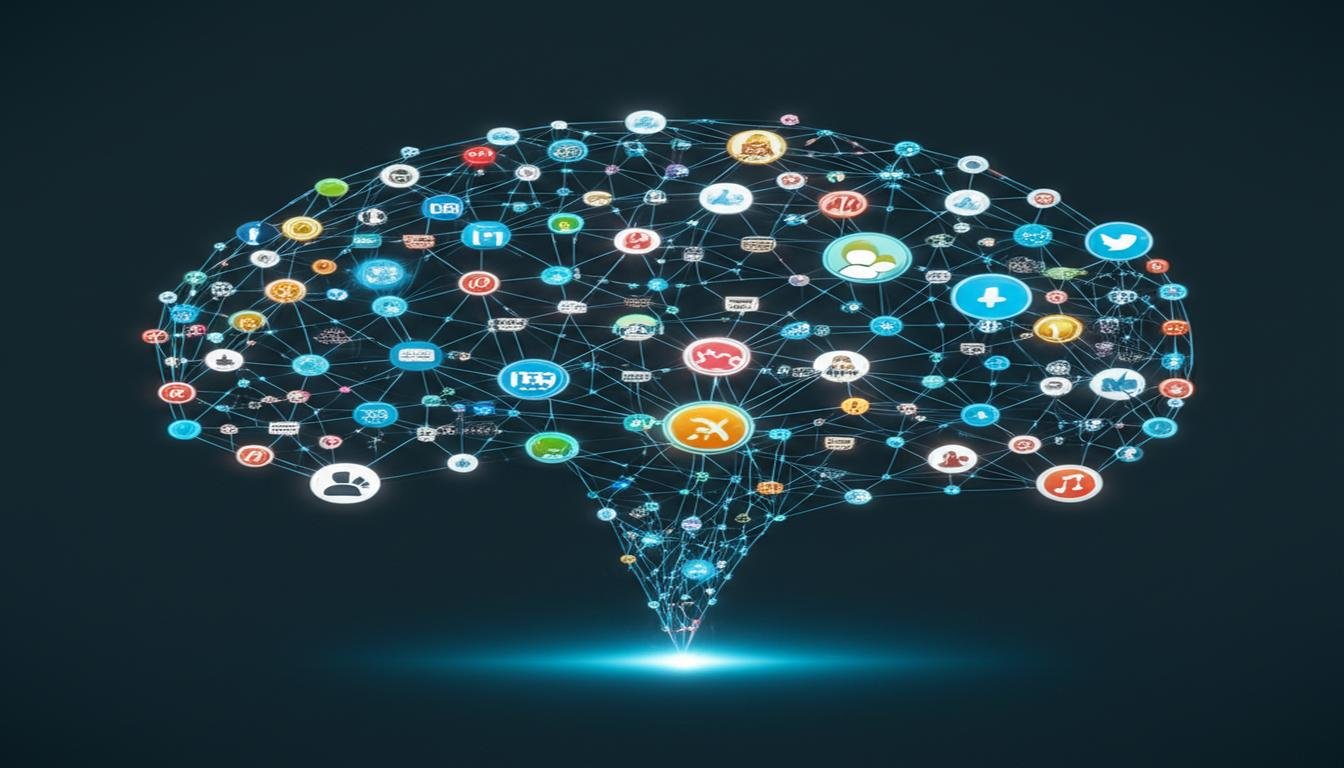The AI That Can Read Your Digital Diary – Even If It’s Locked
Imagine this for a second: You’ve just spent an hour pouring your deepest thoughts, private struggles, or secret aspirations into a personal journal. You close it, click the small lock shut, and feel a sense of security. Your privacy is assured, right? Now, what if an Artificial Intelligence could peer into those pages, understanding every word, every nuance, even through that lock?
Sound like something out of a futuristic thriller? While we’re not talking about a literal AI breaking into your physical journal, the unsettling reality of advanced AI and its ability to infer highly personal information from seemingly secure or disparate digital sources is closer than you think. It’s a massive leap beyond simply hacking a password; it’s about AI’s uncanny ability to deduce your inner world, even when you believe it’s safely tucked away.
Beyond Passwords: How AI “Reads” Your Private Self
The “lock” in our scenario isn’t a physical one. It represents the perceived barriers we put around our digital lives – passwords, encryption, or simply keeping things private by not explicitly sharing them. But AI doesn’t always need direct access to your “diary” (which could be your private messages, health app data, browsing history, or even how you type).
Here’s how this advanced inference works:
- Digital Footprints: Every online action leaves a trace. The websites you visit, the things you search for, the apps you use, your purchase history – each piece contributes to a vast, invisible mosaic of who you are.
- Behavioral Patterns: AI is incredibly good at recognizing patterns. How quickly you type, the words you commonly use, your tone in online communications, even your voice inflections if you use voice assistants. These patterns can reveal your mood, stress levels, or even health conditions.
- Inference from Seemingly Unrelated Data: This is where it gets really clever (and a bit creepy). An AI might combine information from your smart home devices (when lights are on/off, what temperatures you prefer) with your online shopping habits and social media activity. Individually, these are harmless. Together, an AI can infer detailed insights about your routines, social life, and even emotional state.
- Micro-Expressions & Biometrics: With advanced computer vision, AI can analyze subtle facial expressions from video calls or photos, correlating them with context to understand your emotional reactions. Biometric data from wearables can monitor sleep patterns, heart rate, and activity levels, painting a picture of your physical and mental well-being.
It’s not about an AI literally “reading” a locked document, but rather piecing together fragments of data from countless sources to construct a highly accurate, deep profile of your thoughts, feelings, and intentions – a digital diary written by your own actions.
The Slippery Slope of Predictive AI
The real power of this AI isn’t just seeing what you’ve done, but predicting what you might do or feel next. Companies use this for targeted advertising, but the potential goes far beyond showing you ads for shoes you almost bought.
Consider these scenarios:
- An AI used by an insurance company might infer your stress levels from your digital habits and adjust your premiums.
- A predictive AI could guess your political leanings or vulnerabilities based on your online discussions and news consumption.
- Even in sensitive areas like mental health, an AI could potentially infer a diagnosis or predict a crisis based on changes in your communication patterns or sleep data from your wearable, long before you’d consider sharing it.
This isn’t just about privacy; it’s about autonomy. If an AI knows you better than you know yourself, who truly controls your decisions?
Protecting Your Inner World in the Age of AI
So, what can you do when the “lock” isn’t quite as secure as it seems? It’s important to remember that this isn’t about fear-mongering, but about informed awareness. We can’t stop the advancement of AI, but we can be smarter about our digital footprint.
Here are a few actionable steps:
- Be Mindful of Data Sharing: Read privacy policies. Understand what data apps and services collect and how they use it. If a free app asks for too many permissions (like access to your microphone or photos for no clear reason), be wary.
- Audit Your Accounts: Regularly check the privacy settings on your social media, email, and other online accounts. Limit what information is public.
- Use Strong, Unique Passwords & 2FA: While not the primary defense against AI inference, good cybersecurity hygiene is still essential for protecting direct access to your accounts.
- Consider Data Minimalism: Do you really need to share every detail of your life online? Sometimes, less is more when it comes to personal data.
- Stay Informed: Keep up with developments in AI and digital privacy. Understanding the technology helps you make better decisions.
The idea of an AI reading your “diary,” even when locked, might feel unsettling. But by understanding how AI works and taking proactive steps to manage your digital presence, you can maintain a greater sense of control over your personal narrative in this increasingly interconnected world. Your privacy, your thoughts, and your inner world are worth safeguarding.









